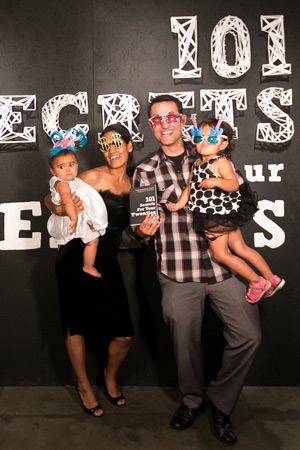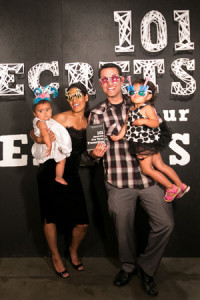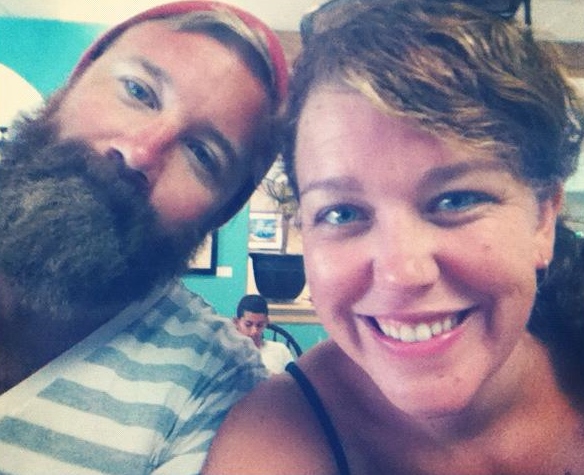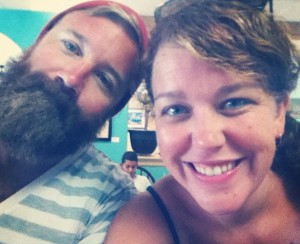I crack me up as I car-shop.
I crack me up because I like the coupe but I think the sedan is smarter. This is because my current car has been my car for 10 years, which implies my next car could be my car for 10 years, too.
If it is, I imagine (hope, pray, doubt, depending on the day) I’ll be single when I sign the title and married by the time I trade it in. Which implies I feasibly could have a kid while my next car is my car, and it’s harder to get a kid in and out of a coupe.
This exposes two truths: First, that I think a lot, and second, that I didn’t marry early. I am 27 and single with no obvious prospects. Depending on a person’s school of thought, how old I’ll be before I’m married, if I do marry, is one of the following: a good idea or not as good an idea as early marriage.
Lately – mostly online – I have encountered a couple of people who aren’t in the good idea camp. On the side of proponents of early marriage has been Mark Regnerus, who made a case for early marriage in popular articles in Christianity Today and the Washington Post in 2009.
His point is that marriage is designed to be formative as opposed to an institution into which you enter once you you are “fully formed.” Secondary to that point is this one: “A key developmental institution for men – marriage – is the very thing being postponed, thus perpetuating their adolescence.” Parents of young adults, he implied, encourage their kids to finish school first. Attain financial independence. Grow up, then get married.
In other words, Regnerus said, people – particularly men – mature by being married. To postpone marriage to the part of life post-age 25, then, is to prolong immaturity. If he is right, we create a catch 22; we wait to get married until after we’ve attained what we’re supposed to attain by being married.
But I’m not convinced that’s what we’re actually doing, or that we are disadvantaged by marrying later. Here’s why:
We don’t necessarily choose not to marry young. I am not single at 27 because I decided not to marry young. I’m single at 27 because I didn’t happen to marry young. I, like Regnerus, believe marriage is designed to be formative. But I do not believe we postpone formation by postponing marriage. Marriage is formative, but so are our families of origin, our educations and lines of work, our religious affiliations, circles of friends, communities, and life experiences. Marrying early does not mean marriage alone will form us. Marrying late does not mean we’re not going to grow.
We don’t completely control how mature we are. Rumor at work has it that the latest research says the male brain isn’t done developing until the male turns 29. For females, it’s 24 or 25. Marriage doesn’t make a prefrontal cortex grow faster. Regardless of by what we’re being formed (marriage, school, friends, or all three), if we haven’t hit our mid-to-late 20s, we generally aren’t our best at solving problems, foreseeing consequences, creating strategies, or knowing what to do with intense emotions. It is not impossible for a marriage to last when the wedding happens before the bride’s and groom’s brains are done. But it doesn’t hurt to start a marriage with a fully developed one.
How mature we are before we get married might affect how receptive we are to formation. A proponent of early marriage once told me it’s easier to marry early and establish one life than it is to marry late and merge two established lives. While each is different from the other, both strike me as difficult and formative. Both require us to solve problems, foresee consequences, create strategies, and experience intense emotions. We can do this when we’re young, but we can do it better when we’re older. We also probably expect it when we’re older, more than we do when we’re young, perhaps rendering us more receptive to working through it.
“How old we are when we marry” and “how prepared for marriage we are” are not synonymous. People exist my age and older who objectively are not ready for marriage. There are people younger than I who probably are. This means age is probably not as relevant to this conversation as we traditionally have made it, which is part of why I’m not opposed to early marriage. What I do oppose is this: pitying the people who push 30 (and beyond) and aren’t married, putting early marriage on a pedestal, and encouraging it widely without preparing young people for marriage — which our culture won’t do and our churches generally haven’t done enough.
– – – –
Click here to read what Mark Regnerus wrote about early marriage. Part 2 of this post will appear on the blog on July 28.







